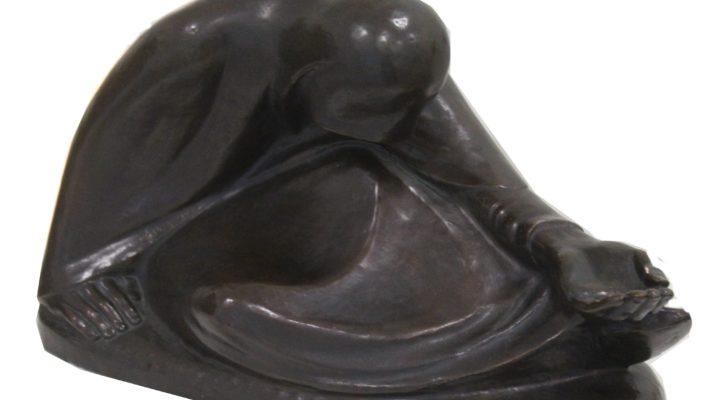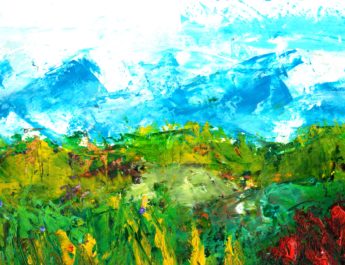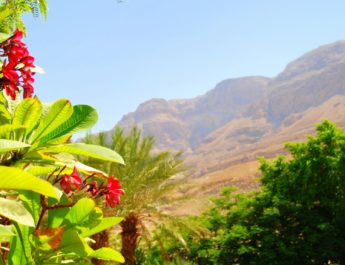Proverbs 22:1-2, 8-9, 22-23
Ordinary B41
1 A good nameA is to be chosenB rather than greatC riches,D
A “name” = shem. May be from sum (to put, place, set). This is name, fame, renown. A name was thought to indicate something essential about a person – something about their individuality. So, this word can also mean honor, authority, or character.
B “chosen” = bachar. This is to choose, appoint, try, excellent.
C “great” = rab. From rabab (increasing in any aspect whether quantity, authority, size, quality, greatness, etc.). This is abundance, many, elder, exceedingly, great. It refers to abundance of amount, rank, or status.
D “riches” = osher. From ashar (to gain wealth, become rich, enrich; to accumulate). This is fortune or wealth.
and favorE is betterF than silverG or gold.H
E “favor” = chen. From chanan (beseech, show favor, be gracious; properly, to bend in kindness to someone with less status). This is grace, favor, kindness, beauty, precious.
F “better” = tob. From tob (to be pleasing, to be good). This is good, beautiful, pleasant, agreeable, bountiful, at ease. This word is used for goodness as a concept, a good thing, a good person. This can refer to prosperity and welfare as well as joy, kindness, sweetness, and graciousness. So, this is ethically good, but also enjoyably good.
G “silver” = keseph. From kasaph (to long for, be greedy; to become pale). This is silver or money.
H “gold” = zahab. Root may mean to shimmer. This is gold or something that has the color of gold like oil. It can also refer to a clear sky – to good weather.
2 The richI and the poorJ have this in common:K
the LordL is the makerM of them all.
I “rich” = ashir. Related to “riches” in v1. From ashar (see note D above). This is rich in a literal or figurative sense. It can also be noble or a rich person.
J “poor” = rush. This is in want, lack, poor, needy.
K “have this in common” = pagash. 14x in OT. This is to meet. It could be an incidental meeting or a violence encounter. It can also mean to have something in common or to agree.
L “Lord” = YHVH. From havah (to be, become) or hayah (to come to pass, become, be). This is the name of the God of Israel, the self-existent and eternal one, the tetragrammaton. This pronunciation has been lost to time so “Lord” is generally used in its place.
M “maker” = asah. This is to make, do, act, appoint, become in many senses.
8 Whoever sowsN injusticeO will reapP calamity,Q
N “sows” = zara. This is to sow or scatter seed, conceive or yield. It can also refer to a sower. Figuratively, this can refer to other forms of dissemination.
O “injustice” = evel. Perhaps from aval (to deal unjustly, act in a wrongful way, a wrongdoer). This is injustice, wrong, moral evil, acts of violence, or unrighteousness.
P “reap” = qatsar. This is to cut down, be short, reap, curtail. It is used especially for harvesting grass or grain. Figuratively, it can mean to be discouraged or grieve.
Q “calamity” = aven. Root may mean panting as one does when expending a lot of energy, especially when it comes to nothing. This is nothingness, trouble, sorrow, distress, wickedness, evil, harm, sorrow, misfortune, and mischief. It is also used specifically to refer to idols.
and the rodR of angerS will fail.T
R “rod” = shebet. This is a rod, staff, club, scepter, dart, or tribe. Literally a stick that can be used for punishing, writing, fighting, walking, ruling; thus, used figuratively for a clan.
S “anger” = ebrah. From eber (the region beyond, passage, quarter, opposite side; generally the east); from abar (to pass over, pass through, or pass by; cross over or to alienate; used for transitions). This is overflow or a passionate outburst. So, fury, anger, or rage.
T “fail” = kalah. This is to end, be finished, complete, prepare, consume, spent, or completely destroyed.
9 Those who are generousU are blessed,V
for they shareW their breadX with the poor.Y
U “generous” = tob + ayin. Litearlly “a good eye.” Tob is the same as “better” in v1. See note F above. Ayin is eye in a literal or figurative sense so eye, appearance, favor, or a fountain (the eye of the landscape).
V “blessed” = barak. This is to kneel, to bless. It is blessing God as part of worship and adoration or blessing humans to help them. It can be used as a euphemism to say curse God.
W “share” = natan. This is to give, put, set, offer. It is to give literally or figuratively.
X “bread” = lechem. From lacham (to eat, feed on). This is bread, food, loaf. It can refer to food more generally for people or for animals.
Y “poor” = dal. From dalal (to be low, hang, fade, be emptied, become poor, be oppressed). This is lean, weak, needy, poor. Properly, it is one who is dangling.
22 Do not robZ the poorAA because they are poor,BB
or crushCC the afflictedDD at the gate;EE
Z “rob” = gazal. This is snatch, take violently, seize, tear away. It can also mean flay or rob.
AA “poor” = dal. Same as “poor” in v9. See note Y above.
BB “poor” = dal. Same as “poor” in v9. See note Y above.
CC “crush” = daka. 18x in OT. This is to crush or break into pieces. It can also mean bruise, being contrite or oppressed, to destroy, or be humble.
DD “afflicted” = ani. From anah (to be bowed down; humility or being browbeaten, oppressed, afflicted, or depressed; literal or figurative – depressed in mood or circumstance). This is humble, lowly, poor, or afflicted.
EE “gate” = shaar. Related to sha’ar (to calculate or reckon; may come from a root that means to open up or split). This is a gate, door, or other opening like a port.
23 for the LordFF pleadsGG their causeHH
and despoilsII of lifeJJ those who despoil them.
FF “Lord” = YHVH. Related to “Lord” in v2. See note L above. The words have the same meaning, but have different vowel pointing.
GG “pleads” = rib. This is properly to toss or grapple. It is used figuratively to mean wrangling and so for arguments, complaints, or disputes. It is used in a legal setting for pleading or defending a case.
HH “cause” = rib. Related to “pleads” in v23. From rib (see note GG above). This is strife or dispute – whether a personal one or one in a court of law.
II “despoils” = qaba. 6x in OT. This is to rob, cover, or defraud.
JJ “life” = nephesh. Related to naphash (to refresh or be refreshed). This is soul, self, person, emotion. It is a breathing creature. Can also refer to appetites and desires.
Image credit: “Russian Beggarwoman II” by Ernst Barlach, 1907.




